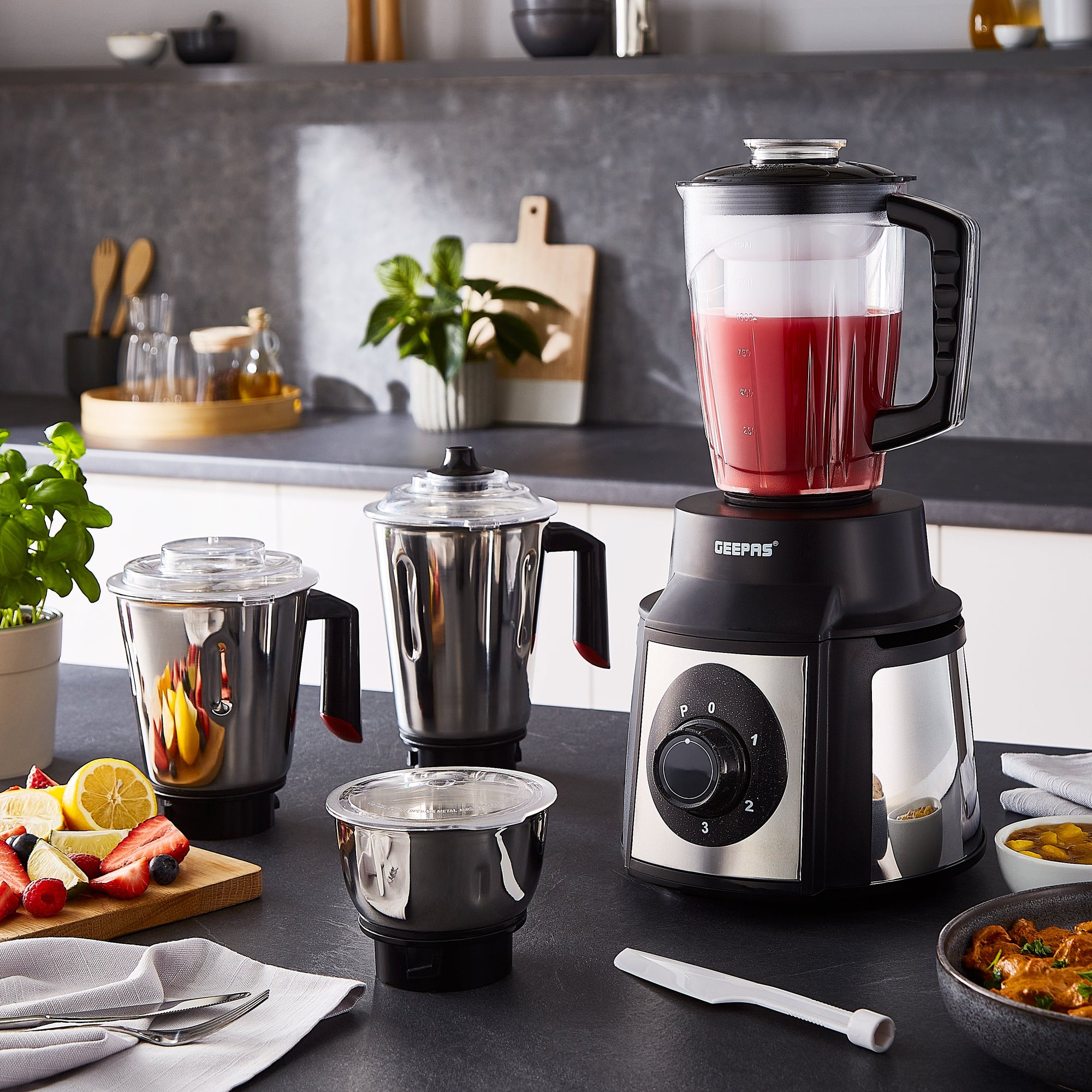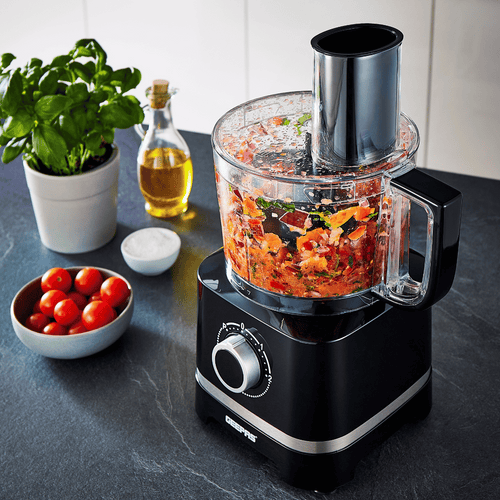Radiator heaters are a popular choice for home heating due to their efficiency, reliability, and ease of use. Below is a detailed guide on radiator heaters.
What Is A Radiator Heater, and How Does It Work?
A radiator heater is a device that warms a room by heating a liquid usually oil or water inside its fins or panels. The liquid is heated by electricity, and the heat is radiated outward to warm the surrounding air and objects.
What Are The Main Types Of Radiator Heaters?
- Oil-Filled Radiators: Use heated oil as the thermal medium, which retains heat even after the heater is turned off.
- Electric Radiators: Use electricity to heat, metal elements directly.
- Central Heating Radiators: Part of a home's central heating system, using hot water or steam to warm the panels.
Are Radiator Heaters Energy-Efficient?
Yes, radiator heaters are highly energy-efficient, especially oil-filled models. They retain heat for extended periods, reducing electricity usage. Models with thermostats and timers enhance efficiency by maintaining optimal temperatures.
Do Radiator Heaters Use A Lot Of Electricity?
The electricity usage depends on the model and wattage. A typical radiator heater consumes between 500W and 2000W. Using adjustable thermostats and eco-modes can help lower energy consumption.
How Quickly Do Radiator Heaters Warm A Room?
Radiator heaters may take 15-30 minutes to warm a room fully, depending on the size of the room and the heater's power. Oil-filled radiators take slightly longer to heat but retain warmth longer.
Are Radiator Heaters Safe To Use?
Yes, most radiator heaters come with built-in safety features like tip-over protection, overheat protection, and cool-touch exteriors. Always follow the manufacturer's safety guidelines for proper use.
Can I Leave A Radiator Heater On Overnight?
Yes, many modern radiator heaters are designed for continuous use and can be left on overnight. Look for models with thermostats and safety features for worry-free operation.
Do Radiator Heaters Dry Out The Air?
Radiator heaters do not dry out the air as much as fan heaters or electric space heaters. They provide consistent warmth without significantly affecting humidity levels.
Are Oil-Filled Radiator Heaters Better Than Electric Ones?
- Oil-Filled Radiators: Retain heat longer and are more energy-efficient for extended use.
- Electric Radiators: Heat up faster but may not retain warmth as effectively once turned off.
What Is The Ideal Wattage For A Radiator Heater?
A general rule is 100W per square meter of room space. For example, a 1000W heater is suitable for a 10m² room.
Do Radiator Heaters Make Noise?
Radiator heaters are generally quiet, especially oil-filled models. Some electric radiators may emit minimal noise due to internal components, but it's usually negligible.
Can Radiator Heaters Be Used In Bathrooms?
Only models rated as IP24 or higher for water resistance are suitable for bathroom use. Ensure the heater is placed away from water sources.
What Are The Benefits Of Using An Oil-Filled Radiator Heater?
- Retains heat longer, even after being turned off.
- Silent operation.
- Consistent and even heat distribution.
- Energy-efficient for long-term use.
How Do I Clean and Maintain A Radiator Heater?
- Dust the fins or panels regularly.
- Wipe the exterior with a damp cloth.
- Check the cord and plug for damage every so often.
How Long Does A Radiator Heater Last?
A well-maintained radiator heater can last 3-5 years, depending on the quality of the product.
Are Radiator Heaters Portable?
Yes, many radiator heaters come with wheels or handles, making them easy to move between rooms.
Can Radiator Heaters Heat Large Rooms?
For large rooms, choose a high-wattage radiator heater (2000W or more) or multiple units to ensure adequate warmth.
What Is The Difference Between Convection Heaters and Radiator Heaters?
- Radiator Heaters: Radiate heat through panels or fins and retain heat longer.
- Convection Heaters: Circulate warm air using fans for faster heat distribution.
How Much Does It Cost To Run A Radiator Heater?
The cost depends on the wattage and electricity rate. For example, a 1500W radiator running for 6 hours at £0.34/kWh would cost around £3.06.
Can I Use A Radiator Heater As A Primary Heat Source?
Radiator heaters can be used as a primary heat source for small rooms but are best as supplementary heating in larger spaces.
Do Radiator Heaters Have Eco-Friendly Options?
Yes, many models feature eco-modes that optimise energy use by maintaining steady temperatures with minimal power.
How Do I Choose The Right Radiator Heater For My Needs?
Consider room size, wattage, portability, and additional features like timers, thermostats, and safety certifications.
Can Radiator Heaters Help Reduce Heating Costs?
Yes, they can reduce heating costs by allowing you to heat specific rooms instead of the entire house.
Are Radiator Heaters Suitable For Offices?
Yes, their quiet operation and portability make them ideal for office spaces.
Can I Use A Radiator Heater In A Caravan?
Yes, compact and portable models are ideal for caravans, provided there is a sufficient power source.
Are There Radiator Heaters With Smart Controls?
Yes, many modern heaters include Wi-Fi connectivity, allowing you to control them via smartphone apps or voice commands.
Do Radiator Heaters Emit Harmful Fumes?
No, electric and oil-filled radiator heaters do not produce fumes, making them safe for indoor use.
Are Radiator Heaters Child-Safe?
Look for models with cool-touch exteriors, tip-over protection, and cord management for child safety.
How Do Thermostats Improve Efficiency?
Thermostats maintain a set temperature, preventing energy waste by cycling the heater on and off as needed.



